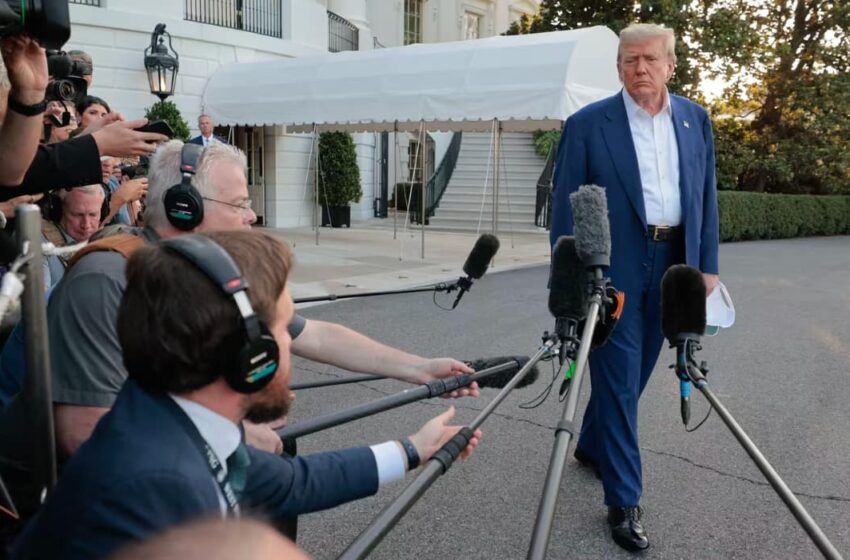
USA( Europe Brief News): Senate Republicans race to resolve tax and healthcare hurdles in Trump’s sweeping tax bill, aiming for passage by July 4 amid mounting political pressure.
Truck drivers, firefighters, ranchers, and other workers who claim the bill would help them will be featured at a White House event in the afternoon where Trump will push the $2.4 trillion package.
However, before a potential weekend vote, Senate Republicans have not yet produced their version of the bill, and the bill’s overall form seemed more hazy after a nonpartisan referee declared that a number of healthcare provisions violated the intricate procedure Republicans are using to get around Democratic resistance.
According to Democratic Senator Ron Wyden of Oregon, those factors taken together were responsible for health care savings totaling more than $250 billion. The package has been opposed by Democrats, who see it as an unnecessary gift to the wealthiest Americans.
It was unclear if Republicans will try to overturn the Senate lawmaker’s decision or tweak the plan to conform to the intricate budget rules, as they have already done with certain parts of it.
A large portion of Trump’s domestic agenda is covered by the law. It would tighten food and health safety-net programs, increase immigration enforcement, eliminate green energy incentives, and prolong his 2017 tax cuts.
The plan has already cleared the House of Representatives and is generally supported by Republicans who control both chambers of Congress.
They are still at odds over a number of provisions, most notably a proposed tax break for state and local tax payments and a tax on health care providers that some states use to increase the federal government’s contribution to the Medicaid health plan. However, they can afford to lose no more than three votes in either chamber.
The “provider taxes,” which independent watchdogs claim are an accounting gimmick that raises Medicaid expenses, would be limited by the law. However, hospitals and other healthcare providers in rural areas caution that those cuts may compel them to reduce their operations or cease operations altogether.
What is included in the key tax related negotiations?
Establishing permanent company tax cuts that Senate Republicans support despite increasing the budget, such as incentives for R&D and equipment investments.
Republicans in the Senate and the House are at odds over maintaining the $10,000 maximum on state and local tax deductions, which is less than the $40,000 cap in the House.
Republicans in the Senate are proposing restrictions and phase-outs for provisions pertaining to the taxation of overtime pay and tipped income, while the House permits full deductions.
Discussing the removal or modification of a contentious retaliatory tax on the income of foreign investors obtained in the United States, should an international agreement be reached.
One of the main points of contention is a plan to lower the Medicaid provider levy, which pays for federal Medicaid contributions, from 6% to 3% (or 3.5% by 2031).


